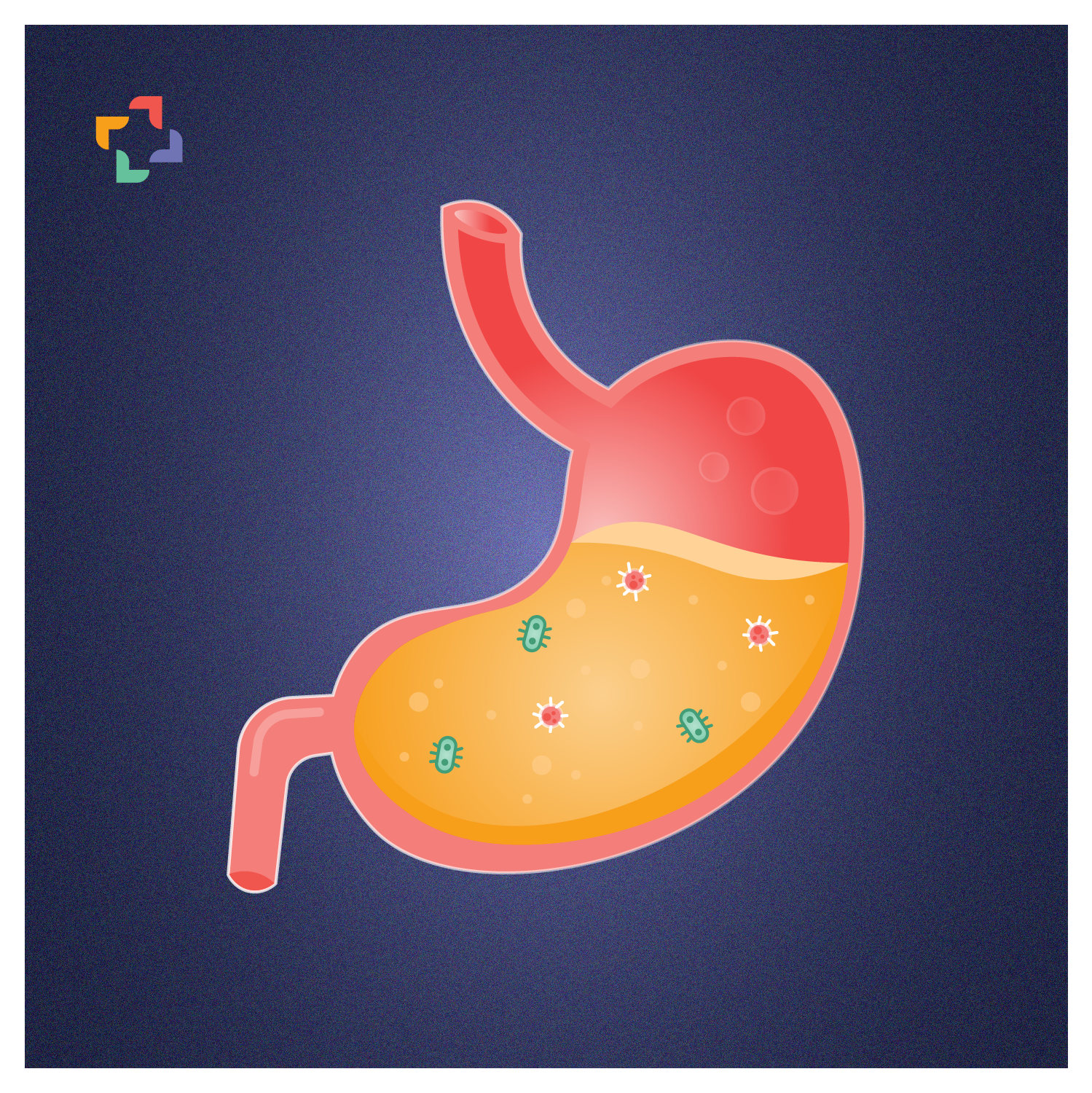Common Problems in Pediatric Gastroenterology
Learning Objectives
At the end of this course, participants should be able to:
- Recognize that the diagnosis of FGID is symptom-based and requires limited medical evaluation
- Integrate FGID into the differential diagnosis of abdominal pain
- Develop an approach to the evaluation of children with abdominal pain
- Recognize that pediatric constipation has a diverse clinical presentation
- Understand the pathophysiology of chronic constipation
- Understand that functional constipation is a symptom-based diagnosis that does not require extensive testing
- Learn the treatment approach to constipation and encopresis
- Learn about the role of intestinal methanogen overgrowth in chronic constipation
Intended Audience:
This online course is designed for pediatricians and family physicians.
Abstract:
This comprehensive online course consists of two detailed lectures that address significant issues in pediatric gastroenterology: chronic abdominal pain and pediatric constipation. The first lecture focuses on chronic abdominal pain in children, including functional gastrointestinal disorders (FGID). Participants will explore diagnostic criteria for functional abdominal pain disorders and review a standardized approach to the evaluation and treatment of chronic abdominal pain in children. The second lecture explores the complexities of pediatric constipation, emphasizing its varied clinical manifestations and underlying pathophysiology. Attendees will gain insights into the diverse presentations of pediatric constipation and the crucial role of intestinal methanogen overgrowth in its chronicity. Understanding constipation as a symptom-based diagnosis, participants will learn to integrate it effectively into differential diagnoses without extensive medical testing. Furthermore, the lecture offers a comprehensive approach to treatment, addressing both constipation and encopresis. Through these discussions, attendees will be equipped with practical strategies for recognizing, evaluating, and managing chronic abdominal pain and constipation in pediatric clinical settings
Assessment and Earning CME Credit:
This course in English is not CME-accredited. However, it provides valuable educational content that can enhance your knowledge and skills in the subject matter. To receive CME credit for this course in Armenia, you must take the course in Armenian and complete the post-course quiz. You have three chances to achieve a passing score of 70%. Once you pass the quiz, we will send your information to the Armenian Ministry of Health for credits.

Dr. Tanaz Farzan Danialifar
Dr. Tanaz Danialifar graduated from The Yale School of Medicine. She completed her training in Pediatrics as well as fellowship in Pediatric gastroenterology, hepatology, and nutrition at Children’s Hospital Los Angeles. She is a Clinical Assistant Professor of Pediatrics at CHLA and the USC Keck School of Medicine. Dr. Danialifar serves as the Director of Pipeline Student programs at CHLA and is the assistant fellowship director in the division of gastroenterology at CHLA. Dr. Danialifar also serves as associate editor of continuing medical education for the Journal of Pediatric Gastroenterology and Nutrition.
